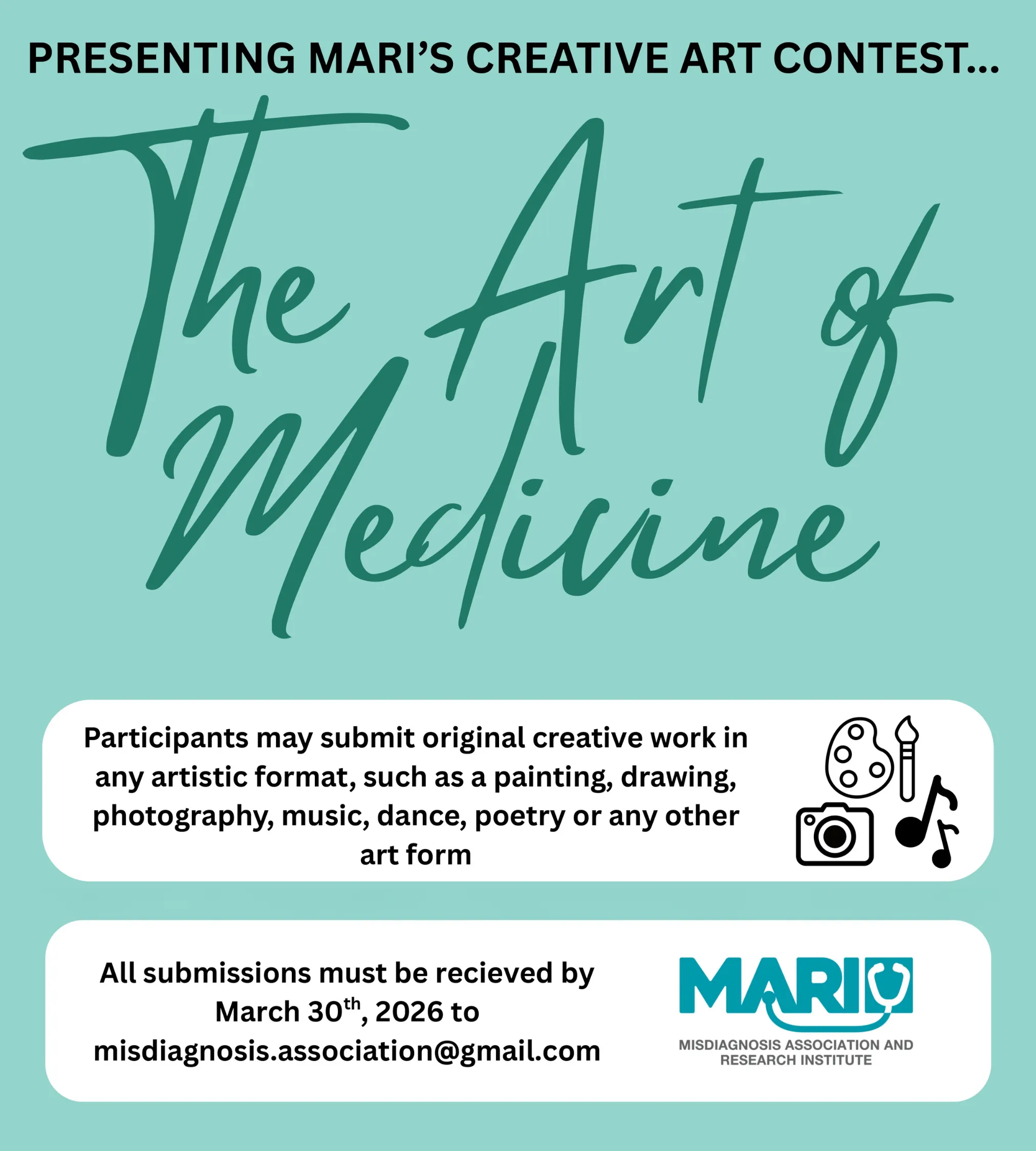
Love your Liver
The liver is an organ that is served to produce clotting factors and other proteins, detoxify harmful products of metabolism, and excrete bile (1). Since the liver performs many essential tasks, keeping it healthy should be necessary. Otherwise, chronic liver disease (CLD) may develop through inflammation, regeneration, and destruction, which can be harmful, especially when it reaches the final stage called cirrhosis (1 in 400 US adults have cirrhosis) (1).

The following are some of the most common etiologies (1)
Alcoholic liver disease (ALD)
this is a spectrum of conditions, including alcoholic fatty liver (with or without hepatitis), alcohol hepatitis (reversible due to acute ingestion), to cirrhosis (irreversible). ALD develops due to severe alcohol consumption, the most frequent cause of CLD.
Non-alcoholic Fatty Liver Disease (NAFLD)
is associated with metabolic syndrome (obesity, hyperlipidemia, and diabetes mellitus), which can exacerbate the disease process. Non-alcoholic steatohepatitis can be developed as well, which leads to fibrosis of the liver. -Chronic Viral Hepatitis: Chronic hepatitis B, C, and D infections are the most prevalent causes of chronic liver disease in East Asia and Sub-Saharan Africa. If chronic hepatitis C is left untreated, it may lead to hepatocellular carcinoma.
Genetic Causes
which include alpha-1 antitrypsin deficiency (the most common genetic cause of CLD among children), hereditary hemochromatosis (an autosomal recessive disorder of iron absorption), and Wilson disease (autosomal recessive disorder leading to copper accumulation).

Autoimmune Causes
which include primary biliary cirrhosis (autoimmune and progressive disease destroying intrahepatic biliary channels and portal inflammation and scarring), primary sclerosing cholangitis (characterized by a decrease in the size of intrahepatic and extrahepatic bile ducts), and autoimmune hepatitis (chronic inflammatory hepatitis).
Having an early diagnosis may prevent damage from occurring in the liver. Where if a patient is diagnosed when some scar tissues that have already formed, the liver can repair and even regenerate itself (2). However, at a certain point, the progression of the liver disease is too extreme that it becomes irreversible, which can lead to liver failure, liver cancer, or death (2). Since many patients with liver disease do not look or feel sick, adhering to proper protocols to ensure your liver is healthy can prevent such adverse complications (2).
The following are methods to keep your liver healthy (3)
Drink alcohol moderately
consuming alcohol makes the liver focus on breaking down the alcohol and removing it from the blood. When there is too much alcohol to break down, it could damage the liver and may even cause harmful bacteria to grow in the gut. For women, it is recommended not to have more than one drink a day, whereas, for men, they should not drink more than two.

Having a proper diet
consume various fruits and vegetables to intake nutrients and fibre. Moreover, it is recommended to avoid refined carbohydrates.
Keeping a healthy body weight
roughly a body mass index (BMI) between 18-25 through proper nutrition and exercise. As a result, this can lower the chances of developing NAFLD.
Washing hands
to help avoid the spreading of hepatitis A, which can occur when touching contaminated food or water.
Avoiding toxins
this includes chemicals in cleaning products, spray cans, insecticides, and other household items which can impair the liver. Protection when using these items includes wearing masks and goggles.
Getting vaccinated
vaccines are available to combat hepatitis A and hepatitis B, but not for hepatitis C.
Drink coffee
individuals who drink a few cups daily may be less likely to get liver diseases, including cancer and scarring (fibrosis, cirrhosis). Moreover, it might even help alleviate the conditions in some individuals who have CLD.
Avoiding acetaminophen overdose
it is recommended that most adults do not consume over 4,000 mg of acetaminophen per day since it can damage the liver. Moreover, individuals should try not to take more than one product with acetaminophen per day.
Practicing safe sexual intercourse
as mentioned above, hepatitis C can directly infect the liver and impair it over time. Therefore, adhering to safe sex can protect you, and you’re proper from contracting conditions that are spread through sex that can ultimately hurt your liver.

Checking on the supplements consumed
this is important since they cause nearly a quarter of all liver damage. For instance, herbs such as borage, comfrey, groom well, and coltsfoot possess pyrrolizidine alkaloids which can gum up blood vessels in the liver.
These recommendations can help mitigate the likelihood of developing CLD, leading to severe complications (including death). Ensuring that your liver is healthy goes a long way toward mitigating concerns (1).
References
- Sharma, A., & Nagalli, S. (2022). Chronic Liver Disease. In StatPearls. StatPearls Publishing.
- How Liver Diseases Progress. (2022, November 10). American Liver Foundation. https://liverfoundation.org/about-your-liver/how-liver-diseases-progress/
- How to Keep Your Liver Healthy. (n.d.). WebMD. https://www.webmd.com/hepatitis/ss/slideshow-keep-liver-healthy
Provided and edited by the members of MARI authors; Artin Mirjavadi, Anahita Arfa MSc, and Pooya Beigi MD.







